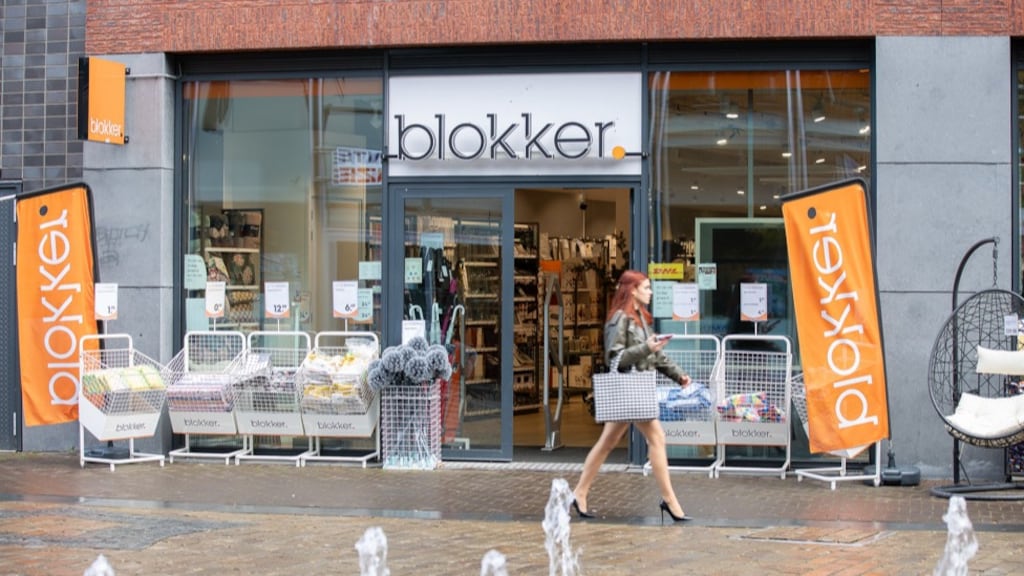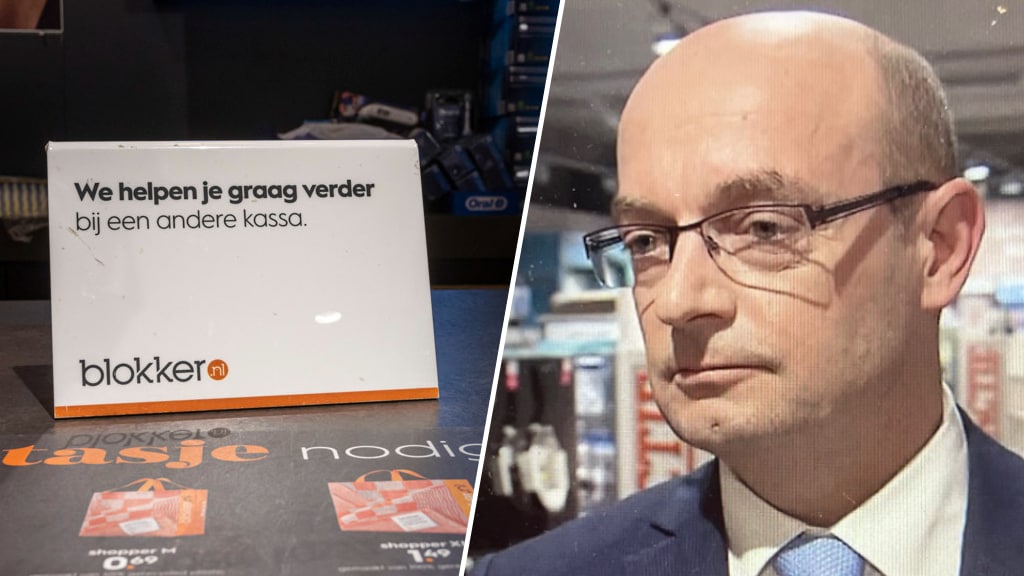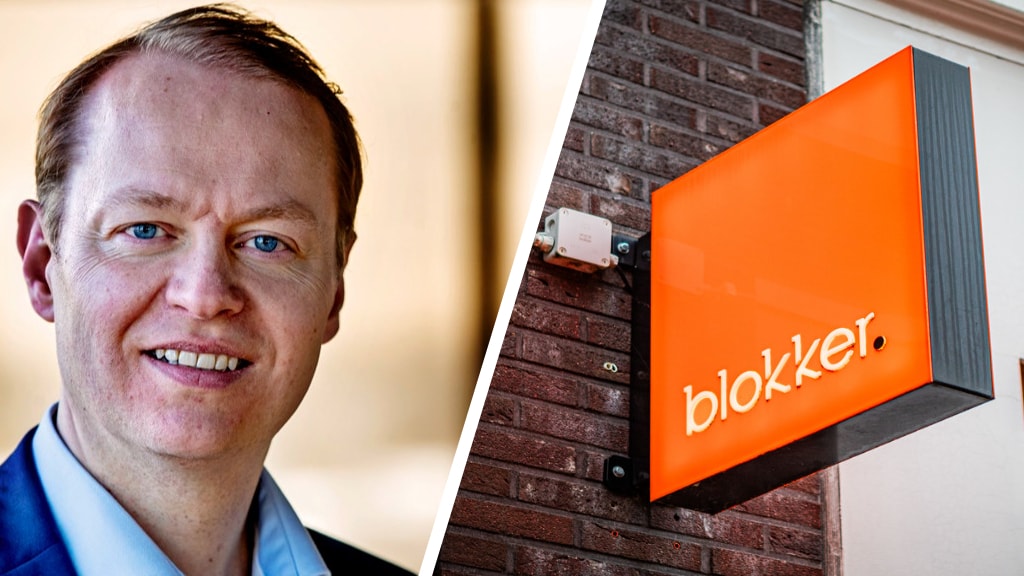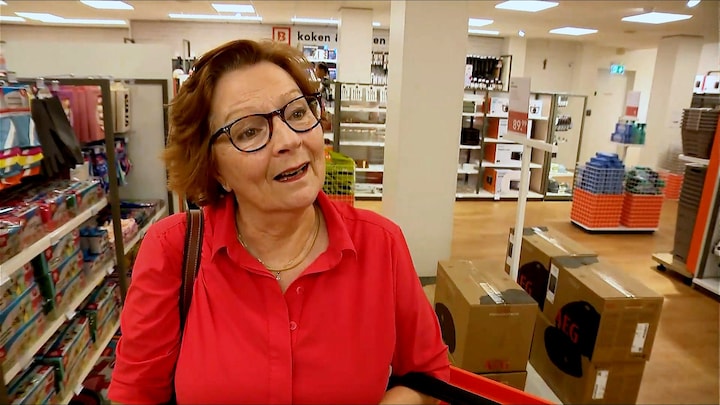First new Blokkers open: 'It won't be easy, but there is definitely a market for it'

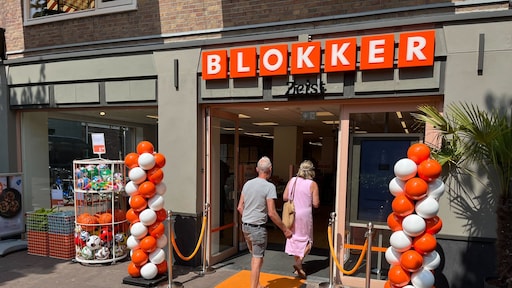
Today, the first Blokkers since the bankruptcy are opening their doors. There are 12 of them, and almost 30 more will follow later. Retail experts believe that there is certainly potential, but that many more stores need to be added to become viable.
839 stores, that's how many Blokkers there were in total ten years ago. The vast majority of these stores were in the Netherlands. After a few very bad years, this number had dropped to about 400, in the Netherlands alone. And at the end of last year, Blokker went bankrupt.
Roland Palmer, a scion of the Blokker family, bought the rights to the Blokker name and after 5.5 months of preparations, new stores are opening today in Alphen aan den Rijn, Amsterdam (2x), Bovenkarspel, Breskens, Den Bosch, Elst, Emmen, Hoogezand, Voorburg, Weert and Zeist.
In the coming period, another 30 or so should be added, including in Middelharnis, Pijnacker and Leiden. But that is not enough, says retail expert Dirk Mulder of ING Bank.
It does help that Blokker never completely disappeared from the shopping streets. Because there are now also 39 Blokker stores of franchisees, which brings the number of Blokkers to around 80. But for a good basis you still need 100 to 150 stores, he thinks.
'Loyal target group'"I really believe that there is room for a mid-market retail formula for household products, in certain areas and among certain consumers there is a loyal target group," says Mulder.
Blokker knows the Dutch market well, he says. And now that they are starting over, they can keep costs low, he says. "The head office is small, they can start with branches that were doing well before the bankruptcy and perhaps negotiate lower rents," Mulder says.
"Blokker stores were a remnant from the time when you wanted to be as big as possible and be everywhere," agrees Kitty Koelemeijer, professor of Marketing & Retailing at Nyenrode Business University.
Some stores were too big or in a location with fewer potential customers than before, even though they had long-term leases, she says.
Action"The big challenge now is: do customers like going to Blokker and buying something there", says Koelemeijer. According to her, Blokker has to rely on older customers for a part. "They really do spend money and there are enough older consumers. But Blokker also has products that are interesting for young people", the researcher knows. She mentions a clothes steamer, for example.
Real price shoppers will go to discounter Action, says Koelemeijer. Given the increased competition, it will be a challenge for Blokker to keep the price low, she thinks.
Actions and self-scanAccording to retail advisor Erik Hemmes, the new Blokker can pay more attention to offers. "You have to make offers exciting. It has to be a special article and it has to be a bargain. You have to attract people with it."
Action, Dirk and Nettorama are doing this well, according to him, and Blokker can see what it can learn from this. In larger stores, Blokker can consider installing self-scan checkouts. "They are becoming quite popular and many customers prefer them to standing in line."
More competitionBlokker will have lost some of its consumers in recent times, Mulder expects. For example, Hema and Albert Heijn also sell household products such as kettles and air fryers, and consumers also buy online, of course, he says."
But there are also items that Blokker was very good at and for which customers may return quickly. Compared to Action, Blokker has a wider range and can offer more service, says Mulder.
Old logoBlokker has to rely on consumers who want to buy in a physical store, who want to see and feel a product first, says Koelemeijer. "You can also find brands like Brabantia at Blokker, which you don't have at discounters." Blokker is going back to the old logo, without the period after the name. That is to bring back the positive associations that customers had with the brand, she thinks.
But it won't be easy, Koelemeijer thinks. "The question is whether Blokker can make all stores profitable, we'll see if they succeed."
In this video you can see how Blokker, which is more than a hundred years old, went under at the end of last year:
RTL Nieuws

